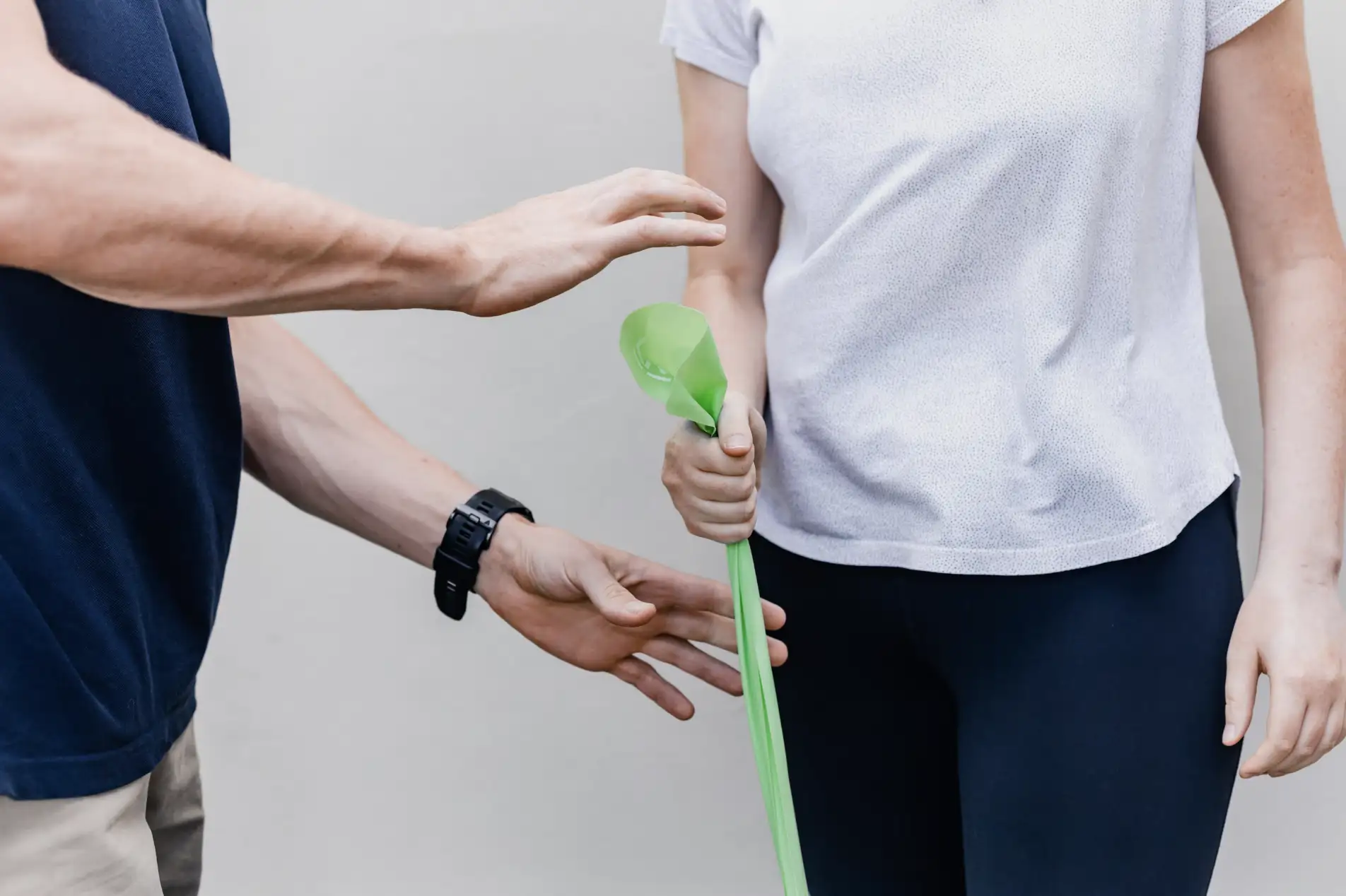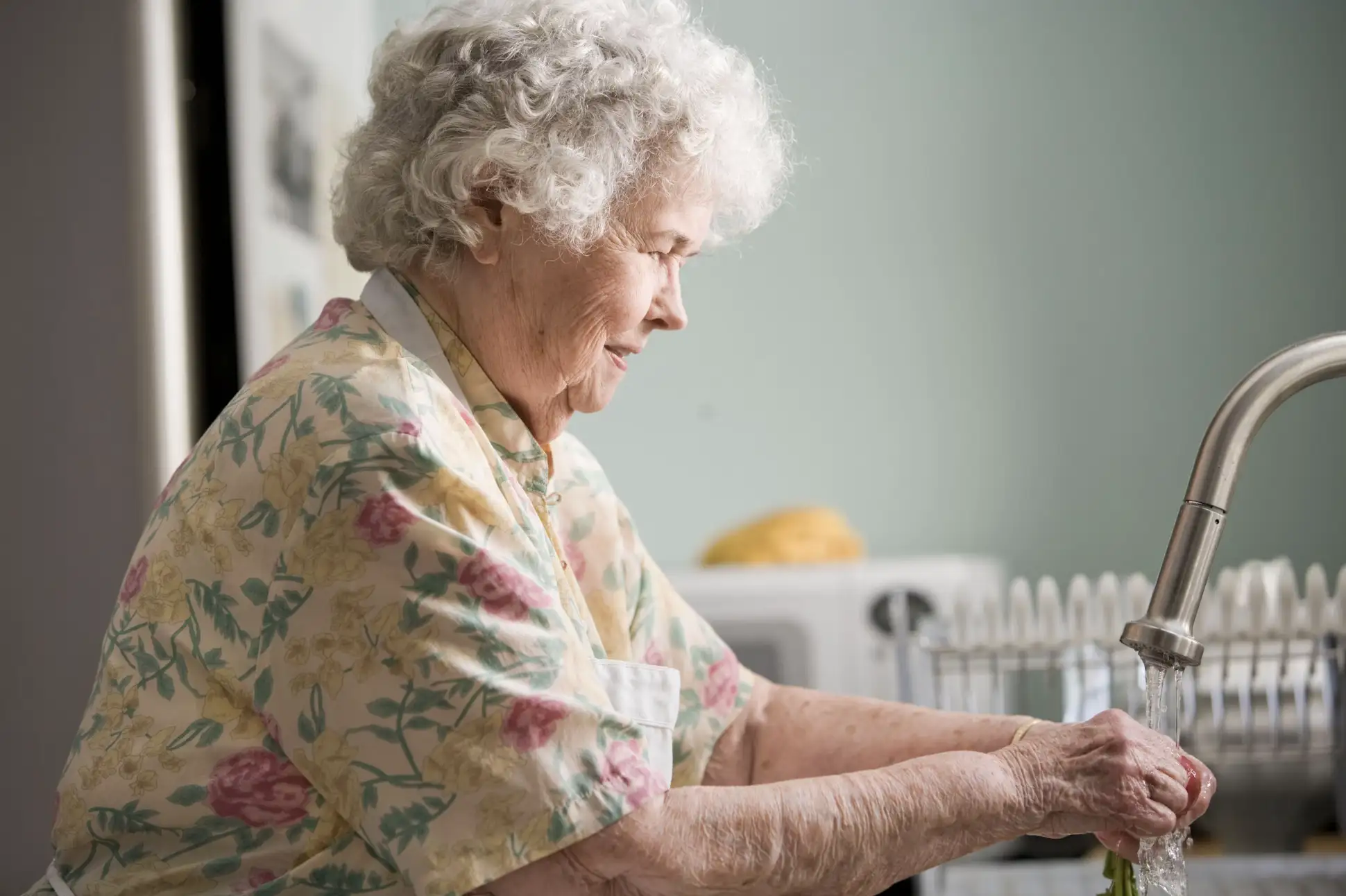Allied Health Services in Bendigo
Comprehensive allied health services in Bendigo. Access occupational therapy, physiotherapy, speech pathology, dietetics, and podiatry in your home. NDIS and aged care approved. Local Regional Victoria team. Funded via NDIS Capacity Building. Call 08 6386 9999.
Check Eligibility
Take our quick assessment to find out if you or your loved one qualifies.
Step 1 of 4
Quick Facts
| Feature | Details |
|---|---|
| Typical Cost | $150-$250/hour (NDIS/HCP funded) |
| Funding Options | NDIS Capacity Building, Home Care Packages, Medicare, Private |
| Availability | Monday to Saturday |
| Service Hours | Flexible appointments including evenings |
| Wait Time to Start | 1-2 weeks for initial assessment |
- Cost
- $150-$250/hour (NDIS/HCP funded)
- Funding
- NDIS Capacity Building, Home Care Packages, Medicare, Private
- Availability
- Monday to Saturday
- Hours
- Flexible appointments including evenings
- Wait Time
- 1-2 weeks for initial assessment
Need help understanding your options?
Speak with a Care Advisor
About Our Regional Victoria Team
From Geelong to Bendigo, our regional Victorian teams provide care that reflects country Victoria's community values.
Local Resources in Bendigo
Community
Gold rush heritage city. Strong arts and culture scene. Growing retirement destination.
Accessibility
Some hilly terrain. CBD is accessible. New Bendigo Hospital is fully accessible.
Medical Centres
- Bendigo Medical Centre
- Pall Mall Medical Practice
- Bendigo Community Health
Pharmacies
- Chemist Warehouse Marketplace
- Priceline Pharmacy Bendigo
- Blooms The Chemist Pall Mall
Transport
- V/Line trains to Melbourne
- Local bus network
Support Groups
- Bendigo Senior Citizens
- Loddon Campaspe Multicultural Services
- COTA Victoria Bendigo
Allied Health Services in {suburb}
Recovering from surgery, managing a chronic condition, or living with disability often requires specialist therapy support. But getting to appointments can be difficult, exhausting, or simply impossible. You need expert allied health care that comes to you.
MD Home Care provides comprehensive in-home allied health services across {suburb}. Our qualified therapists deliver professional assessments and treatments in the comfort of your own home—where you’re most comfortable and where real progress happens.
The Challenge: Accessing Quality Therapy
Are you struggling with:
- Getting to appointments? Transport difficulties, fatigue, or mobility issues making clinic visits hard.
- Long waitlists? Waiting months to see a therapist when you need help now.
- Disconnected care? Seeing therapists who don’t understand your home environment or daily challenges.
- Coordinating multiple therapists? Managing appointments with OT, physio, and other specialists separately.
- Understanding your options? Not knowing which type of therapy would actually help your situation.
We bring the therapy to you—and coordinate everything so you don’t have to.

Our Allied Health Services
Our experienced {suburb} allied health team provides a full range of therapy services in your home.
Occupational Therapy
- Home Safety Assessments: Identifying risks and recommending modifications to prevent falls and injuries.
- Equipment Prescription: Assessing your needs for assistive technology, wheelchairs, or home modifications.
- Daily Living Skills: Strategies to help you dress, cook, and manage household tasks independently.
- Cognitive Support: Techniques for managing memory, attention, and executive function challenges.
Physiotherapy
- Mobility & Strength: Exercise programs to improve walking, balance, and physical function.
- Pain Management: Hands-on treatment and education to reduce chronic pain.
- Post-Surgery Rehab: Recovery support after hip replacements, knee surgery, or other procedures.
- Falls Prevention: Assessment and intervention to reduce your falls risk.
Speech Pathology
- Communication Therapy: Support for speech difficulties following stroke or neurological conditions.
- Swallowing Assessments: Safe eating and drinking strategies for dysphagia.
- Voice Therapy: Treatment for voice disorders and vocal strain.
- AAC Solutions: Alternative and augmentative communication device assessment and training.
Dietetics & Nutrition
- Medical Nutrition Therapy: Dietary management for diabetes, heart disease, and other conditions.
- Malnutrition Support: Strategies to maintain healthy weight and adequate nutrition.
- Texture-Modified Diets: Safe eating plans for those with swallowing difficulties.
- Enteral Feeding Support: Guidance and monitoring for tube feeding.
Podiatry
- Diabetic Foot Care: Essential preventive care and monitoring for diabetes-related foot complications.
- Nail & Skin Care: Professional management of difficult nails, corns, and calluses.
- Biomechanical Assessment: Addressing foot and leg pain affecting your mobility.
- Orthotics: Custom insoles and footwear recommendations.
Why {suburb} Residents Choose MD Home Care
In-Home Convenience
No travel stress, no waiting rooms, no exhausting outings. Your therapist comes to you, sees your real environment, and provides treatment where it matters most.
Coordinated Multi-Disciplinary Care
Need OT, physio, and speech pathology? We coordinate your care so therapists communicate, avoid duplication, and work toward shared goals.
Qualified, Experienced Therapists
All our allied health professionals are degree-qualified, registered with AHPRA (where applicable), and experienced in home-based care for NDIS participants and aged care clients.
Shorter Waitlists
While clinic waitlists stretch to months, our in-home service typically has availability within 1-2 weeks.
Funding Your Allied Health Services
NDIS Participants
Allied health is funded under Capacity Building - Improved Daily Living. We work with your plan manager or support coordinator to ensure you get the therapy you’re approved for.
Home Care Package Holders
Allied health services are a core component of Home Care Packages. We liaise with your package provider to include therapy in your care plan.
Medicare & Private
Some services may be covered under Medicare (with a GP referral and care plan) or through private health insurance. We also offer competitive private rates.
Frequently Asked Questions
Which allied health service do I need? Not sure? Book a free consultation and we’ll help you understand which therapist would best address your concerns. Often, we recommend starting with an OT assessment as they can identify needs across multiple areas.
Are your therapists qualified? Yes. All our allied health professionals hold relevant university degrees and maintain current registration with their professional bodies. They also have NDIS Worker Screening clearance.
Can I see multiple therapists? Absolutely. Many clients benefit from a multi-disciplinary approach. We coordinate your care so therapists share information and work toward your goals together.
Do you provide reports for NDIS plan reviews? Yes. We provide detailed progress reports and recommendations to support your plan reviews and ensure you get appropriate funding.
What if I need equipment or home modifications? Our occupational therapists can assess your needs and provide quotes and recommendations for NDIS or Home Care Package funding applications.
Start Your Therapy Journey Today
Don’t let transport barriers or long waitlists delay the therapy you need. Our allied health team comes to you, providing expert care in the comfort of your {suburb} home.
Book an Allied Health Assessment In-home appointments available within 1-2 weeks. NDIS and HCP approved.
Ready to start in Bendigo?
Contact our local Regional Victoria team today.
Related Services in Bendigo
24/7 Nursing Care at Home in Bendigo
Need round-the-clock care in Bendigo? Our 24/7 in-home nursing services provide expert, compassionate clinical support for complex health needs.
View ServiceCommunity Nursing in Bendigo
Need a qualified nurse in Bendigo for a specific task? Our community nursing service provides expert wound care, medication management, catheter care and more at home.
View ServiceComplex Care Services in Bendigo
Specialized complex care services in Bendigo delivered by highly trained healthcare professionals. We provide comprehensive support for individuals with multiple or high-level care needs in the comfort of their homes.
View ServiceHelpful Resources

NDIS Functional Capacity Assessment (FCA): Complete Guide & Report Example 2025
Complete guide to NDIS Functional Capacity Assessments. See a real FCA report example, understand what assessors look at, costs ($800-$1,500), how to prepare, and how it impacts your funding.

NDIS Price Guide 2025-26: December Update v1.1 + $70.23 Support Worker Rates
NDIS Price Guide 2025-26 v1.1 (November 24, 2025): Support worker weekday rate $70.23/hour, psychology $232.99, physiotherapy $193.99. Download PDF + Support Catalogue links.